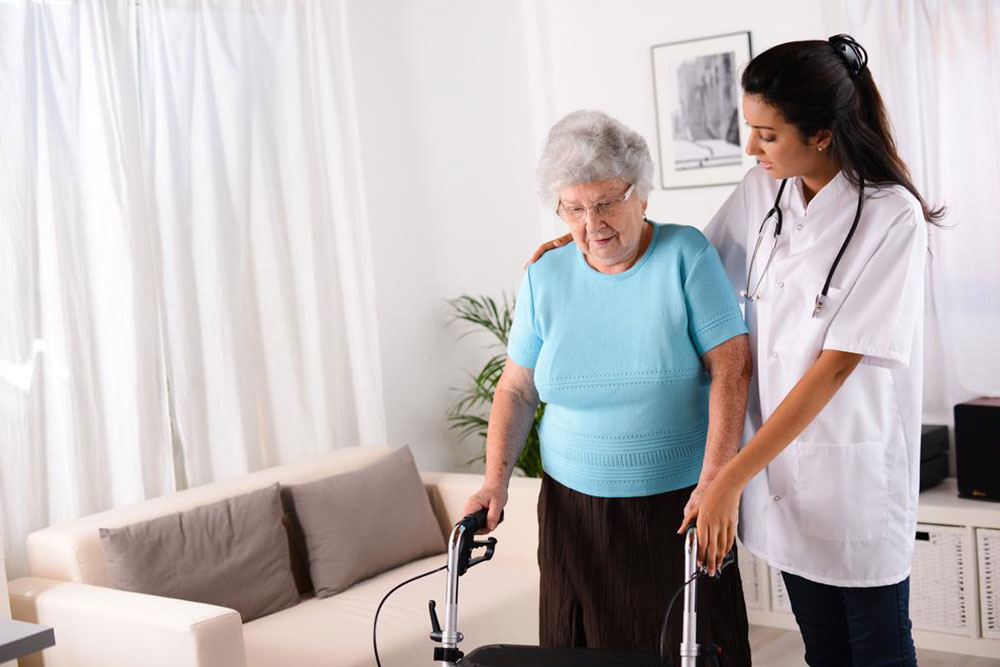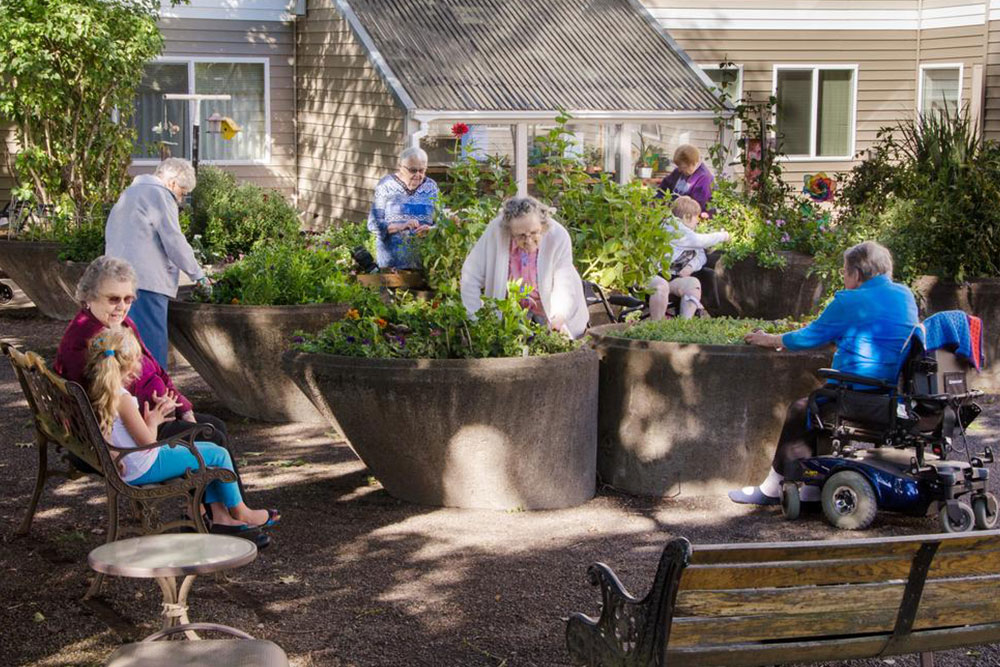Deciding When Adult Care Homes Are the Right Choice
Learn how to identify the right moment to consider assisted living for seniors. This guide highlights key signs like difficulty with daily tasks, safety concerns, social withdrawal, and health changes. Ensuring a safe environment, proper nutrition, and social engagement are crucial for seniors' well-being. When loved ones experience challenges, professional assisted living facilities provide necessary support, safety, and community. Make informed decisions by consulting healthcare providers and choosing reputable, licensed facilities that prioritize quality care and active living for seniors.
Indicators That Signal It's Time for Assisted Living
Many seniors prefer to spend their later years at home, but health challenges may make independent living unsafe, particularly if family members live far away. While loved ones often want to provide emotional and physical support, certain conditions like dementia or mobility issues might require professional assistance. Recognizing these signs is crucial to ensuring safety. If you notice your senior loved one struggling with daily tasks or exhibiting behavioral changes, it may be time to consider a reputable assisted living community that offers compassionate care and support.

Difficulty Living Alone?
If daily chores like cooking, medication management, bathing, or dressing become overwhelming, it indicates your loved one needs help. Assisted living facilities provide support for routine activities, ensuring safety and peace of mind for families. This assistance allows seniors to maintain independence while minimising risks associated with mobility or cognitive decline.
Are They Eating Well?
Poor nutrition can stem from mobility challenges, leading seniors to skip meals or rely on unhealthy options like fast food or frozen meals. Staff at assisted living centers ensure balanced diets and regular medication reminders, promoting better health and wellbeing.
Housekeeping Challenges?
If your loved one’s home is unkempt or shows signs of neglect, it may be due to low energy or mobility issues. Moving to an assisted living environment alleviates the burden of household chores, allowing seniors to focus on enjoyable activities and socialization.
Social Isolation?
Withdrawal from social activities or hobbies suggests loneliness, which can impact mental health. Assisted living facilities offer vibrant communities where seniors can engage, socialize, and pursue interests, reducing feelings of isolation.
Behavioral Changes?
Sudden mood swings, confusion, or forgetfulness might be signs of cognitive decline such as dementia. Around-the-clock professional care helps manage these symptoms securely and compassionately.
Recent Injuries?
Falls or accidents can reduce mobility and increase health risks. If you're often away or concerned about safety, living in an assisted setting minimizes danger and promotes recovery.
Supportive Community?
A strong local community or network of caregivers is vital. If such support is lacking, transitioning to assisted living ensures consistent companionship and care, safeguarding your loved one's wellbeing.
Making the decision to seek full-time care is difficult. Consult healthcare professionals and involve your loved one in the discussion. When choosing a facility, verify that it is licensed, staffed with qualified caregivers, maintains high hygiene standards, provides emergency services, and offers engaging social activities.










